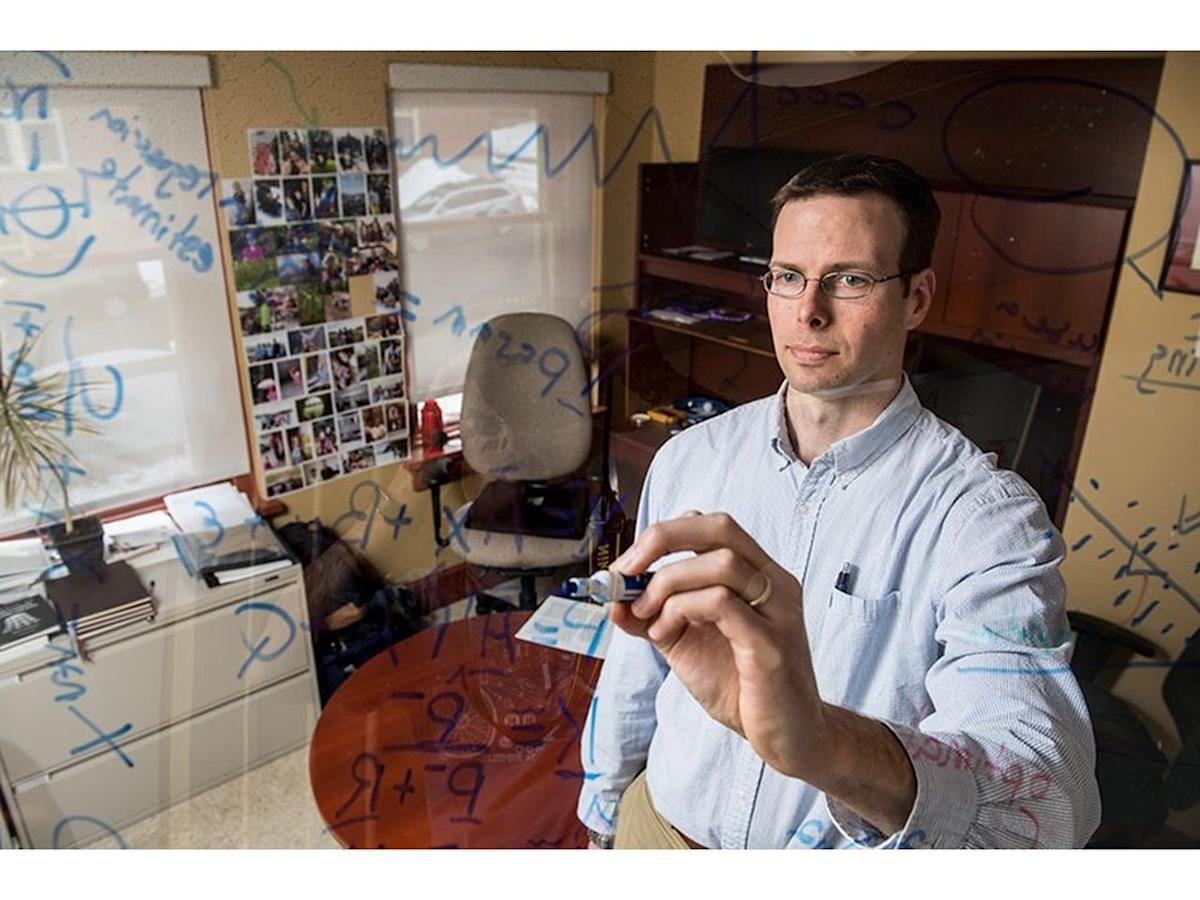UNB researchers developing 'curious' AI for better health planning
Researchers are exploring how AI can be programmed to be more adaptable in responding to unpredictable situations. This could be crucial in the fight against future pandemics. The University of New Brunswick is at the forefront of this innovative research. By harnessing the curiosity of AI, scientists hope to improve our ability to combat emerging health threats. This development could revolutionize the way we approach public health crises.

Research on AI for Pandemic Preparedness
The next pandemic fight might be assisted by artificial intelligence designed to be curious to better adapt to unpredictability, thanks to research at the University of New Brunswick. Researchers at the school have developed a new AI model for decision-making that thinks ahead instead of adapting.
Created in the midst of the COVID-19 pandemic, the algorithm not only performs tasks in developing options for users but also seeks out further information to further improve their models, which makes it different from other AI models. It’s centered on the work of Andrew Mathis, a recent doctoral graduate from UNB, and further developed by Dr. Jon Sensinger, director of UNB’s Institute of Biomedical Engineering, and Dr. Juan Antonio Carretero, a UNB engineering professor.
Sensinger compared it to a driver testing the conditions of an icy road. Rather than applying only previous knowledge of winter driving conditions or waiting to feel the tires slide, this AI is more like a driver lightly tapping the brakes. “And doing that action will inform me in advance how icy it is,” he said.
AI Model and Its Functionality
“We developed an approach that blends together curious-based AI with efficient numerical techniques in order to be able to be curious about the relevant parts of the model in a way that we can actually run it on a personal laptop.” The study – “Beyond Adaptive Control: A Control Method for Nonlinear Systems With Uncertainties, Applied to COVID-19” – was recently published by the Institute of Electrical and Electronic Engineers.
Sensinger said this AI model wouldn’t replace the decisions of human health workers but would serve as a tool to provide further options for care. He said that in the early period of COVID-19, there was debate on what policies should be put in place. This included the viability of masking and what the best lockdown measures are.
Application of the AI Model
He said in that case, a government can use the AI model by going on their computer, putting in the goal of saving the most lives in the least costly way, and the model would provide a solution based on previous history and would update plans as they’re being implemented, learning as they go. “Our simulated environment was behaving like we knew COVID-19 actually worked, but the model itself wasn’t given that knowledge (of outcomes),” he said.
But the AI could also be used in a variety of industries, he said. “It can act as an advisory role in a variety of domains,” he said.

